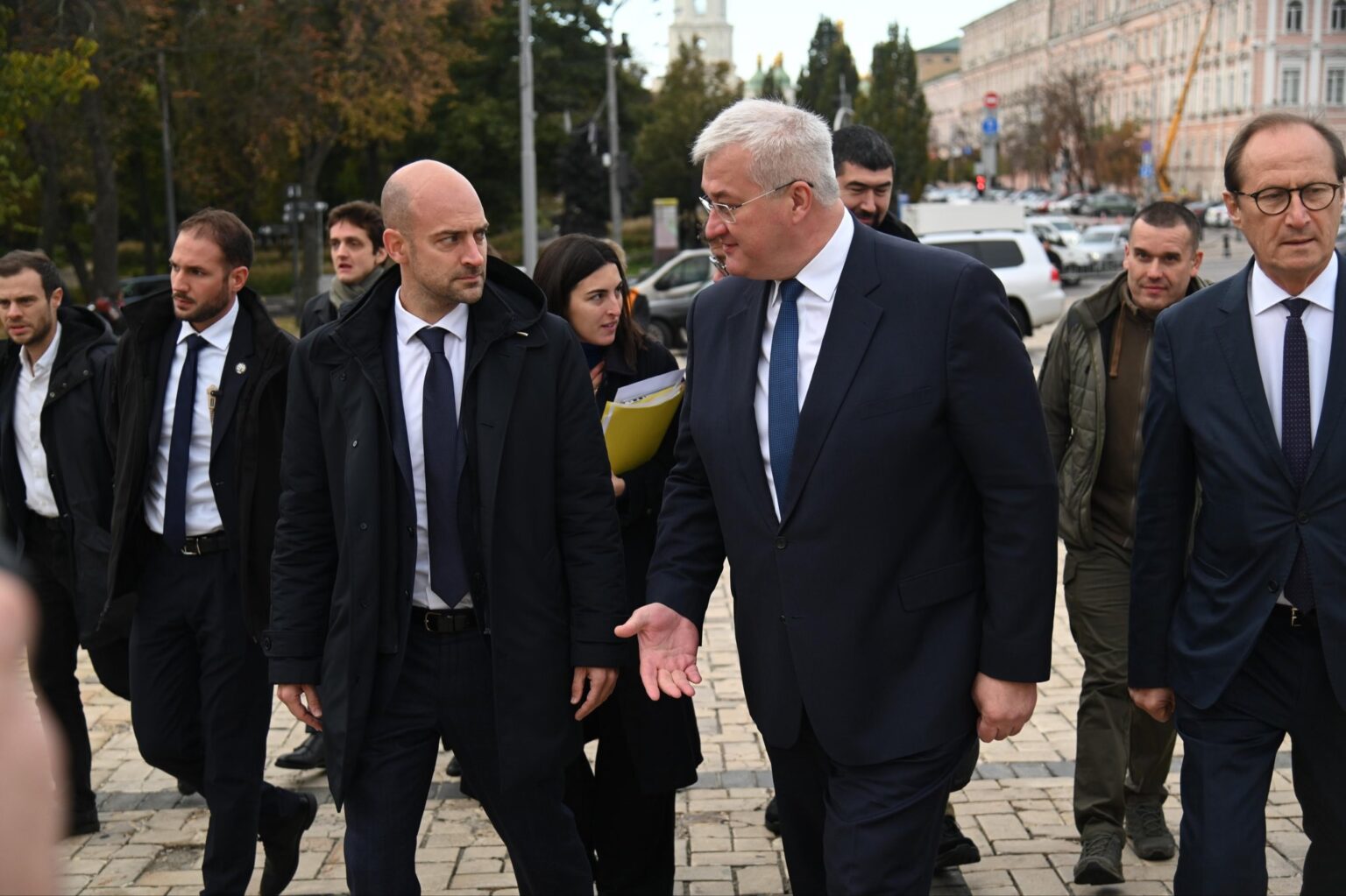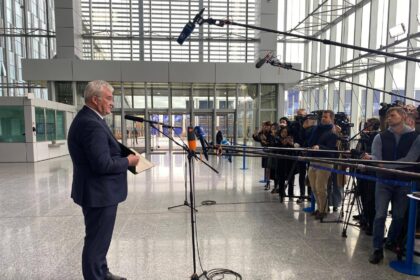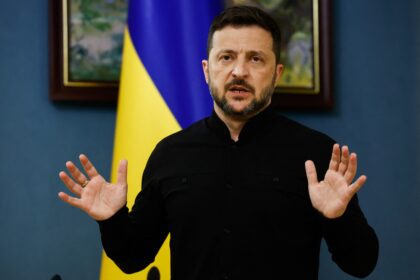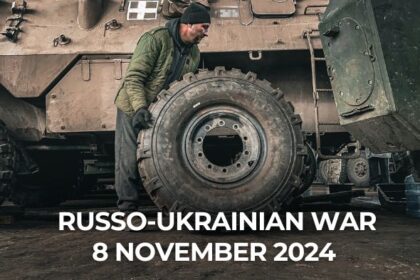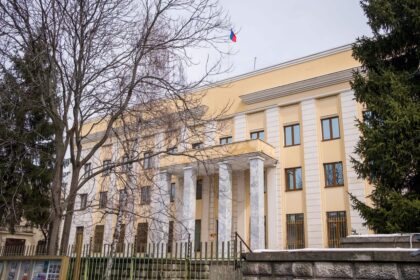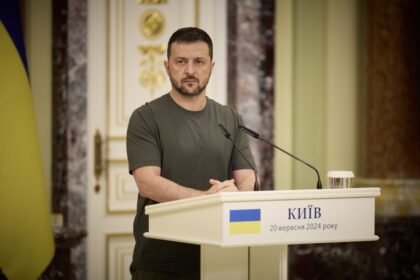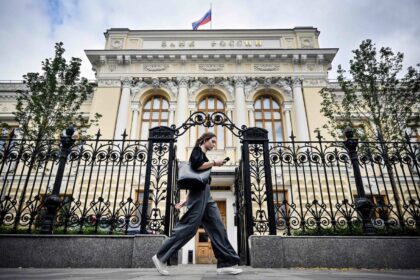**Europe Rejects Russian Proposal, Demands Ceasefire Before Talks**
In a firm response to Russia’s proposal for peace talks in Istanbul, Europe has made it clear that any negotiations between Ukraine and Russia will only take place after a complete ceasefire. This stance was echoed by French Foreign Minister Jean-Noël Barrot, who stated that “you don’t negotiate under bombs or drones.” The comments come as Ukraine is facing an intense barrage of drone attacks from Russian forces.
**Russia’s Previous Demands**
The European Union has reminded Russia of its previous demands in 2022, which included the appointment of a pro-Russian politician, Viktor Medvedchuk, as head of state. Russia also sought full control over Donbas and demanded that Ukraine amend its Constitution to recognize this, reduce its military to 50,000 personnel, and hold a referendum on adopting a neutral status.
**Sanctions and Economic Pressure**
France has already imposed significant economic sanctions on Russia, which have cost the country €400 billion – roughly equivalent to three years of its military budget. Foreign Minister Barrot warned that if Putin chooses war again, Europe will deal an even more devastating blow to the Russian economy.
**Germany Echoes France’s Position**
German Chancellor Friedrich Merz has echoed France’s position, stating that “the guns must fall silent first” before diplomacy can begin. This emphasis on a ceasefire is crucial in any peace talks between Ukraine and Russia.
**The Way Forward**
In light of these developments, it seems unlikely that Russia will accept Europe’s demands for a ceasefire before talks. However, the EU remains resolute in its stance, emphasizing that negotiations under fire are impossible. As the situation continues to unfold, one thing is clear: any peace talks between Ukraine and Russia must be built on a foundation of trust, and this can only be achieved through a complete cessation of hostilities.
In a broader sense, Europe’s response reflects a growing recognition that military action alone will not bring an end to the conflict in Ukraine. Instead, economic pressure and diplomatic efforts must be combined to force a ceasefire and create space for meaningful negotiations.




